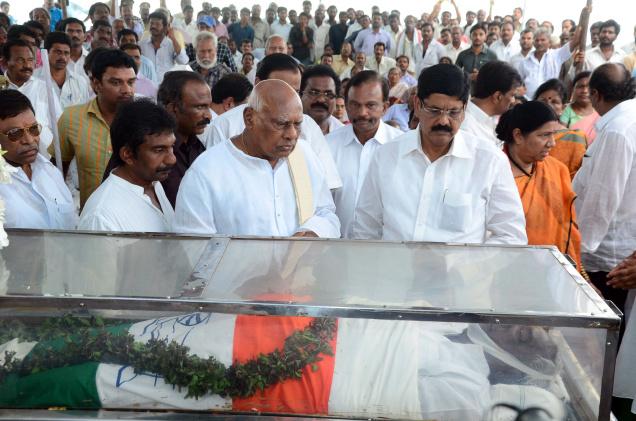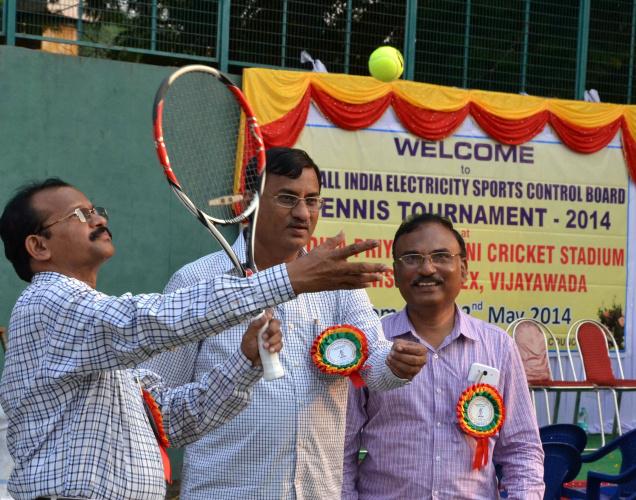Visakhapatnam :
The sudden over-enthusiasm of politicians of various parties in developing Bheemilipatnam as a modern town and popular tourist hub has left heritage conservationists and Intach (Indian National Trust for Art and Cultural Heritage) members in the city jittery.
As part of their election propaganda, over the last few weeks, several political speakers went overboard talking about developing Bheemilipatnam into a modern town and a tourist destination, which heritage lovers feel, will ruin the old-world charm of the 153-year-old municipality.
Bheemunipatnam, popularly known as ‘Bheemili’, is the second oldest municipality in India established on February 9, 1861. Historical evidence of Buddhist culture dating back to the third century AD has been recorded on the Pavurallakonda hillock in Bheemunipatnam. A Hindu temple dedicated to Lord Narasimha on the eastern side of Pavurallakonda is said to have been constructed around 14th century by Mindi Kings.
Bheemunipatnam was one of the major Dutch settlements in the 17th century and has two Dutch cemeteries with graves dating back to 1671. These are considered among the oldest Christian cemeteries in the country. The quaint old town has several tiled buildings, some of which are still in use, as well as century-old banyan trees.
“While all habitats need to be developed for human needs, one must draw the line between developing the town to cater to the needs of the occupants and killing its intrinsic character by typical ‘out-with-the-old and-in-with-the-new’ approach. Throughout the world and in every civilized society, characteristic and historic towns like these have been given special conservation status. Now with words like ‘development’ and ‘tourism’ being bandied about, we conservationists are afraid that a part of our unique history will disappear forever,” averred heritage activist and Intach member Sohan Hatangadi.
Heritage conservationists feel that politicians shouldn’t take populist development decisions about heritage towns like Bheemunipatnam without consulting specialists in the field, just for the sake of garnering votes. “Even taking up such work with good intentions may result in irrevocable damage to this ancient town. Any development in the town must be whetted by a special conservation committee, which will ensure that the town is not ruined for future generations,” said a heritage conservationist.
“Vuda’s heritage conservation committee should be set up at the earliest. There should be a balance between modernisation or development and heritage conservation and the effort should be to see that the town retains its original character. Vizag has its own conservation specialists who can advise on the matter and they should be consulted before any modernisation work is taken up,” said Edward Paul, renowned historian and heritage conservationist from the city.
However, Intach convener P V Prasad is of the opinion that no major changes will take place in Bheemili after the elections as it is nothing but tall talk by politicians. “Several politicians speak about transforming Vizag into Singapore. Prior to the elections, they are also talking of making Bheemili a modern tourist hub but there wont be any drastic change once the elections are over. If they try to touch the heritage and historic sites, we at Intach will definitely protest,” he said.
source: http://www.timesofindia.indiatimes.com / The Times of India / Home> City> Visakhapatnam / TNN / May 10th, 2014





